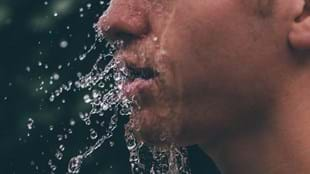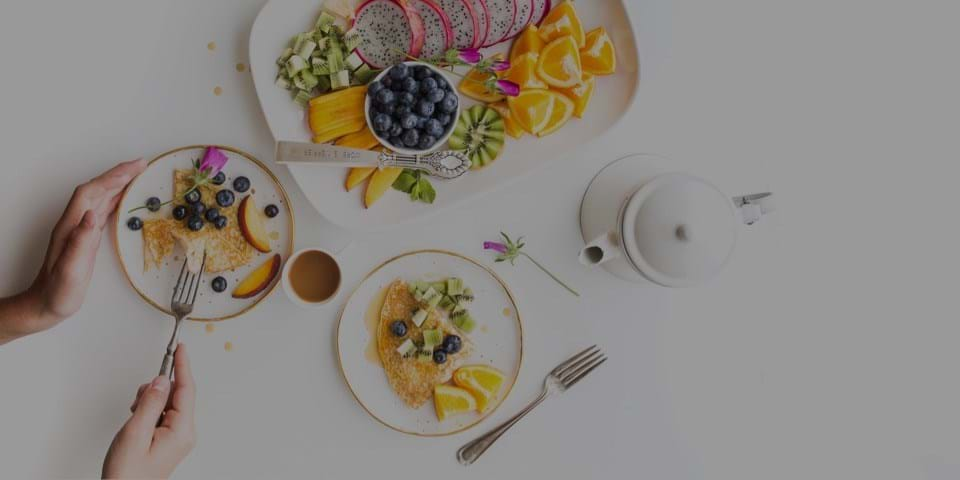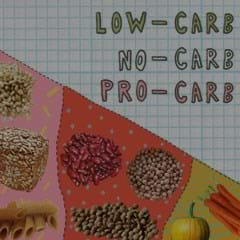Water is really important
There’s no doubt that water is essential – it’s crucial to every chemical reaction in our bodies, and if we don’t have it, we’ll die. We can live without food for a month or more, but three days without water and we’re in serious trouble. Water makes up 50 to 60 percent of our body mass. A loss of even two percent means we’ll become dehydrated.
Dehydration harms your body
Being well-hydrated means our bodies can function as they should. If we’re dehydrated our whole system, including our metabolism and circulation, slows down – our cells are not getting enough oxygen. That might mean we experience tiredness and “brain fog”. Having plenty of water means our kidneys can do their job and flush out the impurities that are a by-product of metabolism.
Water is just water
Plain old water just isn’t enough anymore, going by the enhanced options now being marketed – “activated” water, alkaline water, ionized water, even paleo water. While there’s little, if any, evidence to back the claims of these fancy waters, they can certainly command eye-watering prices.
Water is essential for healthy digestion
When we eat lots of fiber (which we should be) we need enough water in the bowel to keep everything moving through. If we don’t get enough, constipation can be the uncomfortable result.
Water can help regulate our appetite
Drinking water before and between meals has been shown to potentially slightly increase the calories people burn, and may also decrease the calories we take in when we do eat.
Sorry, water alone won’t cause weight loss
You may hear that water helps us burn fat – possibly because when we’re dehydrated we can burn less fat as our systems slow down, which is not quite the same thing. But if we’re getting enough, water doesn’t seem to offer any magical benefit.
There’s no perfect amount we should drink each day
We’ve all heard the “eight glasses a day” rule, but in reality, those numbers are pretty arbitrary. Our needs vary from person to person, and from day to day – it depends on where we are and what we are doing. If we’re in a hot climate, or doing lots of exercise, we’ll need more water than someone who’s inside a cool air-conditioned office sitting still. Generally, we need a basic water intake of between two and three liters, depending on our gender, to replace the water our bodies lose through the day.
We don’t get all our water from drinking
Being permanently attached to a water bottle isn’t necessary. We get water from other fluids, too – juice, milk, soft drinks, even coffee and tea. While you might have heard these last two are dehydrating, that’s a bit misleading; yes, they can have a mild diuretic effect but they still contribute to your water intake. So do many foods – most fruits and vegetables contain lots of water, and even unexpected foods like bread can be high in water.
Your body knows what it needs
If you feel thirsty, that’s a good sign you need to drink. If you’re tired and getting headaches, that could also be a signal you’re not properly hydrated. Your urine is also a great guide: keep an eye on the color, and aim for pale straw; dark yellow or amber means you need more water. When you’re working out – and afterwards – follow the same body cues. If you’re sweating a lot from an intense training session, you’ll need to replace the water you’ve lost, but don’t force it down. Rehydrating slowly is a safer option.
It is possible to drink too much water
This can be extremely dangerous. Hyponatraemia is an electrolyte disturbance that can be caused by drinking excessive water, causing the body’s sodium levels to become dangerously low. It can cause seizures or even death. A milder form, so-called “water intoxication” can also be an issue – it’s sometimes seen in athletes who drink too much, too quickly. Symptoms include nausea, vomiting and blurred vision. If you’re drinking more than four liters a day and you’re not an athlete or in a very hot climate, you could be at risk of over-drinking.
Niki Bezzant is a New Zealand-based food writer, editor and commentator. She is the founding editor (now editor-at-large) of Healthy Food Guide magazine, and is currently president of Food Writers New Zealand and a proud ambassador for the Garden to Table program which helps children learn how to grow, cook and share food. She is a member of the Council of Directors for the True Health Initiative, a global coalition of health professionals dedicated to sharing a science-based message of what we know for sure about lifestyle and health.
If you want more health and fitness inspiration simply sign up to Fit Planet and get the freshest insights and advice straight to your inbox.







